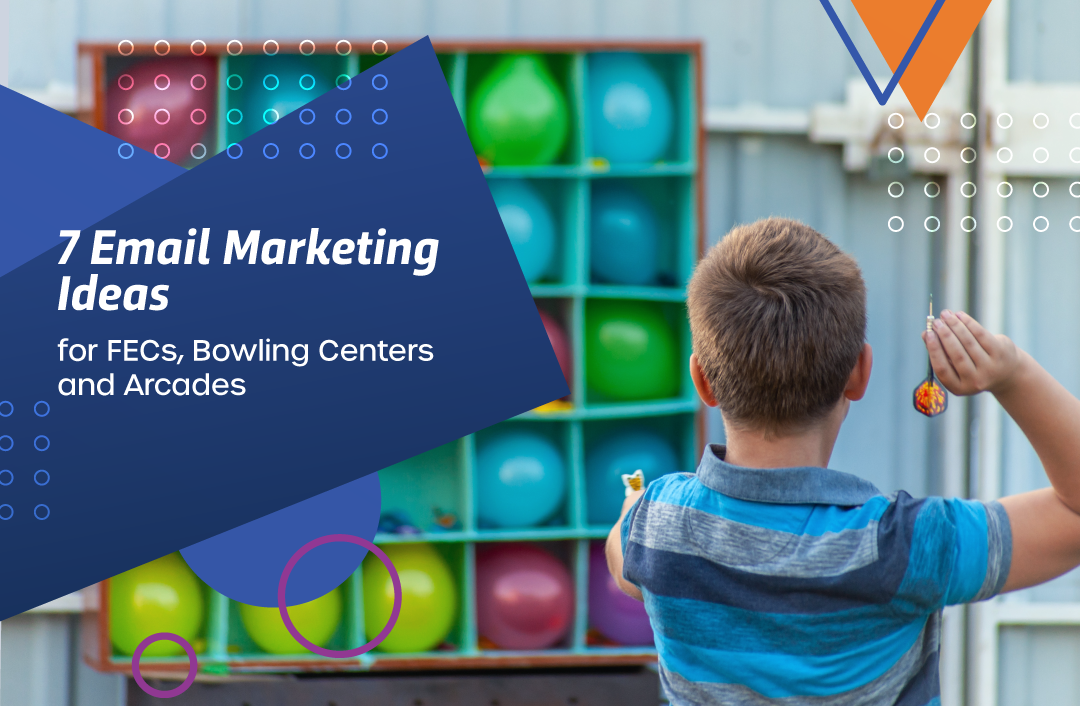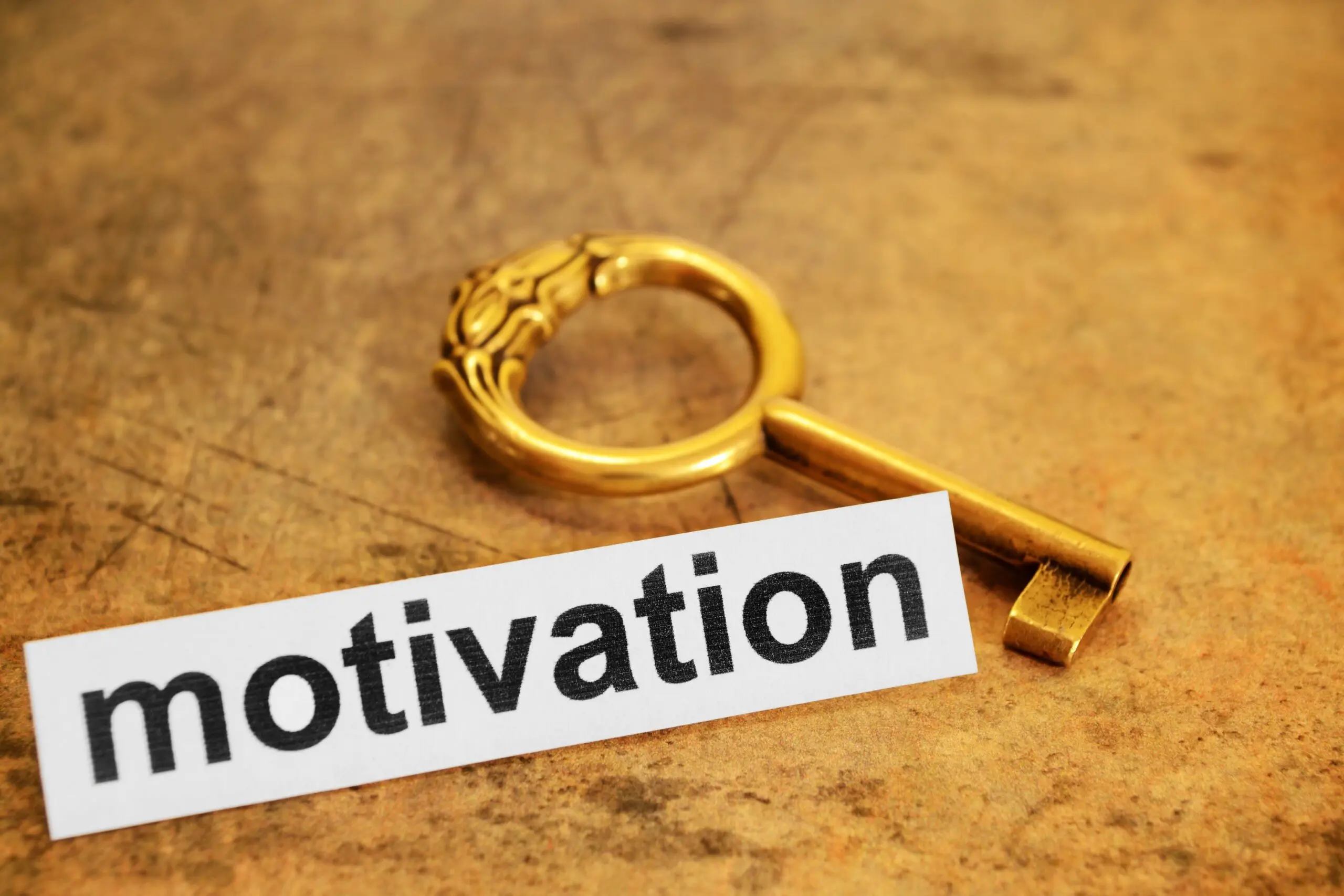The support we’ve received from our clients about our CenterEdge culture initiative has been amazing. It’s so encouraging to see clients facing some of the same challenges and opportunities that we are here at CenterEdge. Based on our team member survey feedback, one of the engagement opportunities that we are looking into is developing a recognition and rewards program for our team. We passionately believe in impacting others in a positive way every day, and know that a happier, more engaged team will always strive to push further and do more for each other and our clients. I’ve studied and taught a lot on motivation in both how people learn and how they work. Yet, as I researched recognition and reward programs, I truly began to see the light. Understanding someone’s personal motivation is the absolute key.
I received a returned phone call from a sales professional at a recognition company I’d researched. He started the conversation by introducing himself and his company and then began explaining about awards catalogs and company branding. While those may be great features of a rewards program, he completely missed the mark on my motivation for the program itself. At its core, the objective of an initiative like this will be to drive a culture of recognition throughout our company. If we can accomplish that, there are very few limits to what our team can achieve together. If the sales rep had understood my objectives, if he had understood me a little better, he would have known to start with my motivations. He would have tried to learn what drives me in this process, and he would have educated me on how his solution could achieve my goals. Herein is the lesson that can earn your business not only a highly functioning team, but also help your business maximize its revenue potential.
Understanding your team and what motivates them as individuals will allow you to tailor your feedback in the ways that they need it the most. For example, a shy team member might bloom much more from one on one recognition than a big announcement in a team meeting. Big announcements might cause the person anxiety, so to tap into his or her motivation, a meaningful private conversation or even an email to show your appreciation might be better. You might think that bringing in doughnuts or cookies would be a nice treat for the team, but consider the team members watching their weight. Your nice gesture has the potential to do more harm than good. The more you understand what’s important to your team members individually, the more you can tailor praise, rewards and incentives to create meaningful experiences.
So how do you learn what motivates your people? Good news! There are lots of ways to learn more about your team. First, you might take a look at personality types. By understanding your team’s profiles, you’ll be able to see how they like to receive information and feedback, if they like to work in groups vs. alone, how they react to stress and more. There are many personality tests online if you wish to get started, from Myers Briggs to NERIS to DiSC to name a few. For a short test using the NERIS model, check out https://www.16personalities.com/free-personality-test. Knowledge is power as they say.
Aubrey Daniels, in his book, Bringing out the Best in People recommends observing your team members as a way to perceive how they interact with each other, what makes them happy at work, and how to encourage them. He recommends that you try different motivational tactics and observe which ones seem to have lasting impact. What I have found is that managers often try to motivate and incent others in the way they, themselves, would like to be motivated. The risk there is that you could actually demotivate your team by suggesting that you either don’t care about what’s important to them or don’t care to find out.
Finally, if you are still wondering what will motivate your team, you can simply ask them. Short questionnaires can be a great way to learn what makes people tick. Keep them brief, informal and fun. Ask general questions like their favorite candy, a charity they admire or support, about hobbies, and interests. Also ask some specific questions, such as which reward for great work they might prefer: being able to choose their schedule for a week or getting to work on a special project, for example. The possibilities are endless.
It’s no secret that people who feel appreciated and cared for work harder together to create better guest experiences as well. I don’t think I have to tell you that this would create more guest loyalty, which would, of course, affect your revenue. But it certainly doesn’t end with team members! Your ability to understand your guests’ motivations will help you close more sales opportunities. To learn how, check out Part Two of this article next Tuesday in our blog, Facebook or our other social media.
Search Resources
Subscribe to Email Updates
Featured Resources
Blogs //
7 Email Marketing Ideas for FECs, Bowling Centers, and Arcades

Blogs //
5 Event Types that Can Win Big For Your FEC

News //
CenterEdge Welcomes John Keys as Sales Director

Blogs //
How to Protect Your FEC’s Brand

Posts by Topic
- Advantage Payments (7)
- Brand Management (19)
- Business Growth (81)
- Capacity Management (2)
- CenterEdge News (28)
- Client Interviews (8)
- Credit Card Processing (3)
- Data & Reporting (12)
- Digital Signage (1)
- Event Management (20)
- Facility Management (10)
- Food & Beverage (8)
- Guest Experience (34)
- Guest Management (20)
- Holiday Season & Promotions (5)
- Industry Events (10)
- Inventory Management (1)
- Loyalty Programs (8)
- Marketing Tips (24)
- Operations (1)
- Point of Sale (10)
- Product Launch (11)
- Productivity (5)
- Profitability (35)
- Redemption Management (1)
- Sales (35)
- Season Passes (1)
- Team Training (60)
- Waivers (2)

Leave a Comment